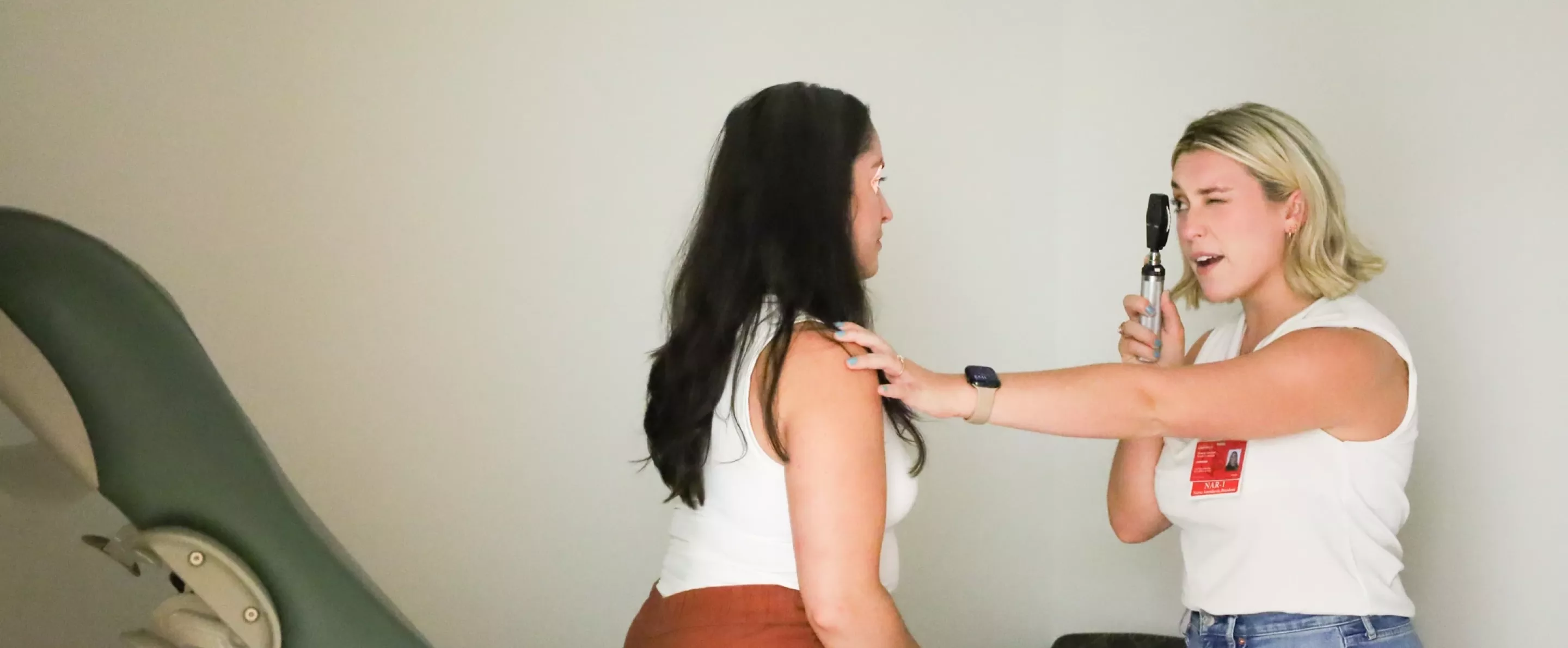Advance Your Career with a Post Graduate APRN Certificate
Our post graduate APRN certificate options prepare nurses for national certification, licensure, and advanced practice. Progress through a specialized curriculum that focuses on your area of interest. Registered nurses holding a Master of Science degree in nursing or a terminal degree (i.e. PhD, EdD, DNP) are eligible to apply.
Program Structure
The Post Graduate APRN Certificate program is structured in a hybrid format. Students are required to attend class on campus 4 to 6 times a semester. In person classes are typically scheduled on Thursdays. The remainder of the class content will be delivered in an online format.
Prerequisites
- Advanced Pathophysiology for the nurse clinician
- Advanced Pharmacology*
- Advanced Physical Assessment*
*Not required for the Neonatal specialty.
Clinical Hours
APRN’s seeking a second specialty will be required to complete a minimum of 504 clinical hours. Students earning their first APRN specialty will be required to complete a minimum of 672 clinical hours.
Areas of Interest
Program Accreditation
The bachelor of science in nursing, master of science in nursing, doctorate of nursing practice, and post-graduate certificate programs at the University of Louisville are accredited by the Commission on Collegiate Nursing Education, 655 K Street, NW, Suite 750, Washington, DC 20001, 202-887-6791.

